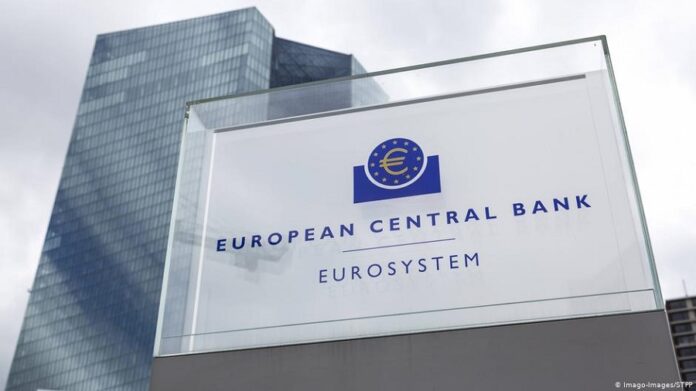Eurozone inflation accelerated to a record high of 5.8% in February, underscoring how high the war’s cost will be for Europe as energy prices spiral following Russia’s attack on Ukraine, according to Politico.
The preliminary data released Wednesday showed a spike well above the European Central Bank’s 2% target, not to mention consensus forecasts of a 5.4% increase. This will put ECB policymakers in a difficult spot next week when they meet to set policy amid the fog of war.
Strong price pressures were primarily driven by energy prices, which were up 32%, and unprocessed food up 6.1%. Even excluding these volatile components, the inflation trend was also up considerably by 2.9% compared to 2.4% in January suggesting price pressures are becoming more permanent.
February’s inflation data coupled with oil prices that are more than 60% higher than assumed in the ECB’s last forecast round is expected to force the ECB to significantly lift its inflation prediction for 2022.
Financial markets, meanwhile suggest that investors also expect the war to force the ECB to sit on its hands despite soaring inflation. Money markets are now pricing in an interest rate hike of roughly 20 basis points by year-end compared to 40 basis points before the war started.
Bundesbank President Joachim Nagel warned on Wednesday that policymakers must keep their eyes on the policy exit even in the fog of war, so that “our sights [are] trained on the normalization of our monetary policy.”
Still, Nagel stopped short of calling for any measures at the upcoming policy meeting next week. A fellow hawk, Robert Holzmann, took a similar approach last week, saying it remains „clear that we’re moving toward normalizing monetary policy.” But he acknowledged that the speed of that process „may now be somewhat delayed.”


